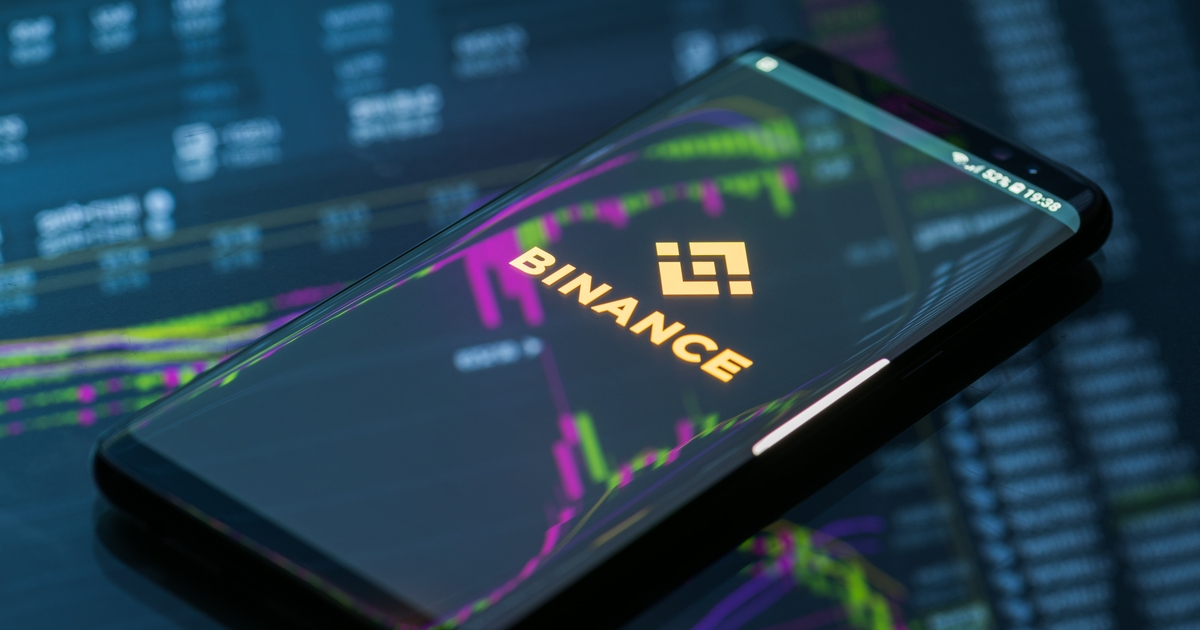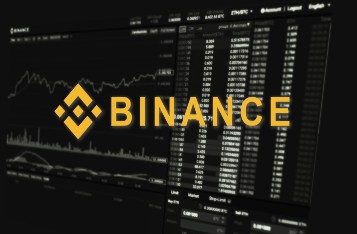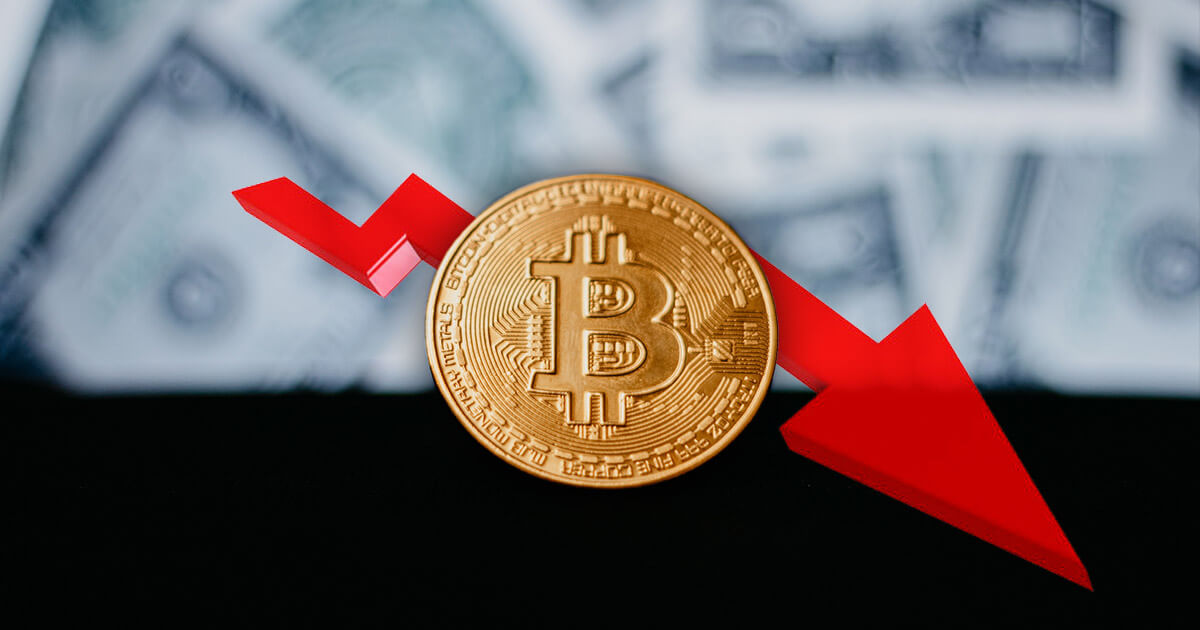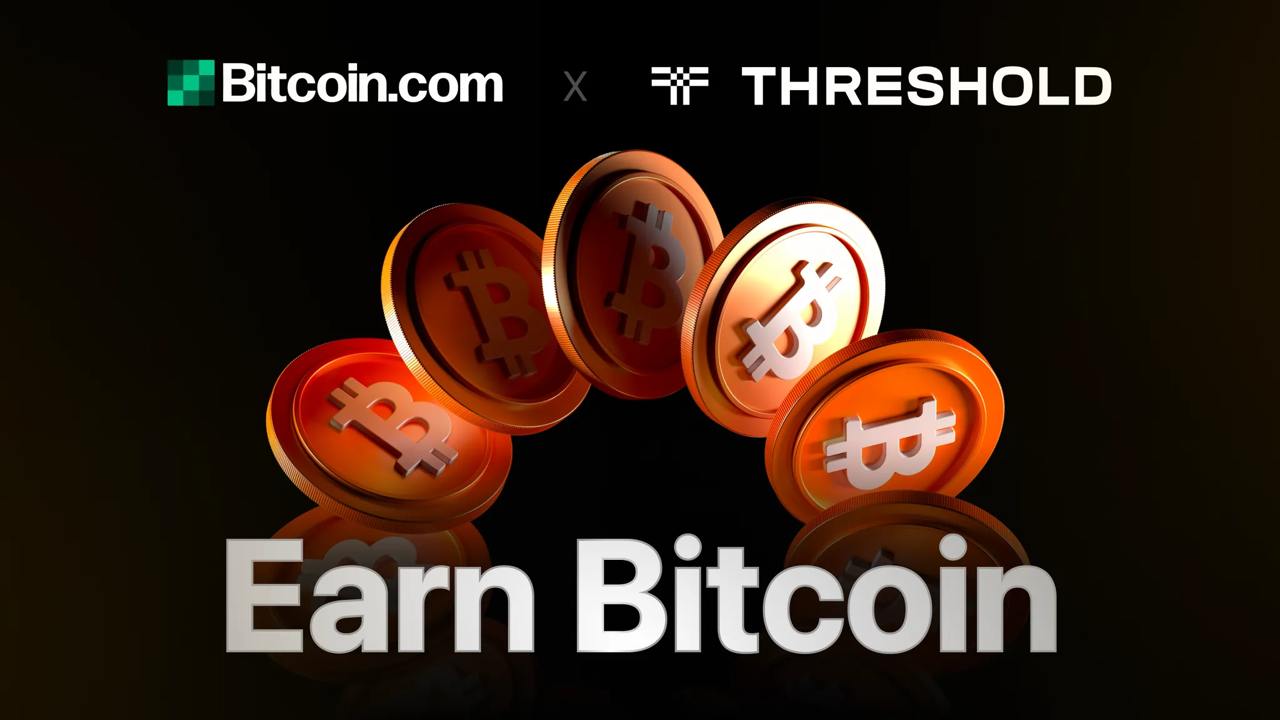Ted Hisokawa
Sep 30, 2024 15:36
Bitcoin has surged by 26.2% since early September, crossing the $65,000 mark. With October historically being a strong month for BTC, could this be ‘Uptober’?
Bitcoin has experienced a significant surge, rising by 26.2% since hitting a low of $52,756 on September 6th, according to Bitfinex Alpha. This upward movement has pushed Bitcoin past the $65,000 mark, exceeding the previous local top recorded on August 25th. This marks Bitcoin’s first major break above a local top since March 2024.
Historical Trends and Current Market Sentiment
The timing of this surge is noteworthy, as October is historically the month with the highest median price increase for Bitcoin. The median return for Bitcoin in October stands at 27.7%, with an average return of 22.9%. This, coupled with the upcoming Q4, which typically yields the highest average quarterly returns, has fueled optimism for further gains. However, despite reclaiming key on-chain levels such as the Short-Term Holder Realised Price (currently $62,750), there are warning signs. Spot market buying, which had been aggressive since the September 6th local bottom, has recently flattened, suggesting a potential temporary equilibrium in the market.
Market Dynamics and Potential Risks
Additionally, Bitcoin’s open interest (OI) has surged past $35 billion, a level historically associated with local price peaks. This raises concerns of potential market overheating. However, a modest 5-10% pullback could reset OI without disrupting the overall uptrend. Bitcoin remains in a large consolidation range between $50,000 and $68,000, reminiscent of its halving year performance in 2020. If historical trends hold, Bitcoin could be poised for a new all-time high by the end of Q4 2024 or early 2025, supported by declining exchange reserves and reduced passive selling pressure.
Economic Indicators and Broader Market Implications
The economic landscape in the US for August and early September reflects a mixed yet cautiously optimistic outlook. Inflation has slowed, registering its smallest annual increase in over three and a half years, signaling growing economic stability. This is reinforced by robust economic growth, with the second quarter of 2024 seeing a 3% annualized rise in gross domestic product. However, consumer confidence, recorded before the Federal Reserve announced a rate cut this month, took a sharp downturn in September, marking its most significant decline in three years, largely driven by concerns over the labor market.
Despite these anxieties, there is a surprising surge in households planning to purchase homes within the next six months, offering a potential sign of resilience in an increasingly hopeful economic environment.
Cryptocurrency Industry Developments
The latest developments in the cryptocurrency industry highlight both progress and ongoing concerns. US businesses now have the ability to buy, hold, sell, and transfer cryptocurrencies, but skepticism lingers over the non-custodial nature of these models. Many in the crypto community feel that platforms like PayPal, with their centralized approach, undermine the decentralization that is core to the crypto ethos. Meanwhile, Vice President Kamala Harris has pledged to strengthen US leadership in emerging technologies, including blockchain and cryptocurrency, as part of her vision for an “opportunity economy” aimed at enhancing the nation’s global competitiveness in the digital era.
In the corporate space, Ethena is set to launch a new stablecoin, UStb, backed by BlackRock’s USD Institutional Digital Liquidity Fund in partnership with Securitize. This stablecoin offers a more stable alternative to their existing USDe stablecoin and can be used as margin collateral on exchanges, catering to a different risk profile. These advancements reflect a dynamic landscape where innovation continues to grow, even as debates over the principles of decentralization persist.
Image source: Shutterstock
Credit: Source link














